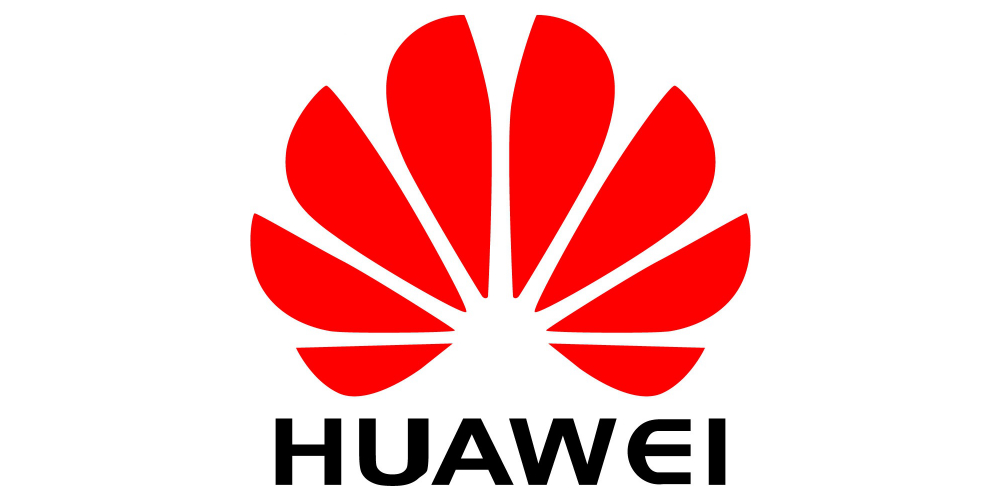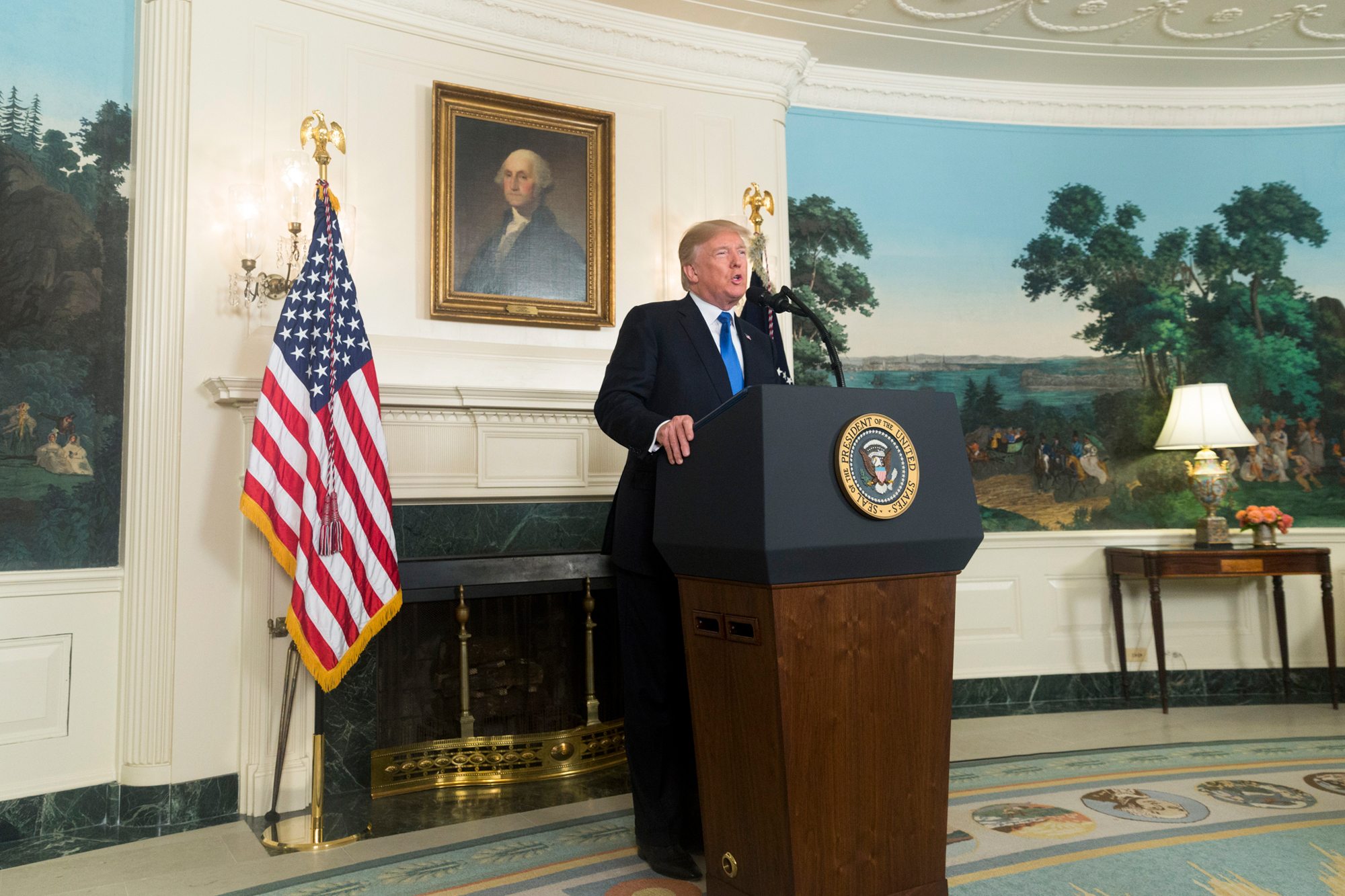POTUS: Reports Huawei Extension Will be Re-Upped Are Off Base

The smarter way to stay on top of broadcasting and cable industry. Sign up below
You are now subscribed
Your newsletter sign-up was successful

The President said he is leaning toward not extending the license currently allowing U.S. companies to sell their wares to Chinese telecom Huawei, saying he doesn't want to do business with the company "at all."
The 90-day extension of that license after the Administration decided to bar such sales expires Monday (Aug. 18).
In an impromptu press conference over the weekend, the President said that reports the license would be extended were premature, though he again sent something of a mixed signal--the Administration has suggested that Huawei's status might be a bargaining chip in trade talks with China, while at the same time signaling it believes the company is a national security threat.
Related: Trump, Tech Cos. Agree Huawei Needs Restrictions
The exchange with reporters, according to the White House transcript, went like this:
Q: "On Huawei -- is the administration going to allow U.S. businesses to continue selling to Huawei? Is there going to be an extension of the license tomorrow?
THE PRESIDENT: "No. That was reported. And, actually, it's the opposite. Huawei. Huawei is a company we may not do business with at all. And it was sort of reported, I think the opposite, today -- I was surprised -- that we are open to doing business. We're actually open not to doing business with them. So I don't know who gave the report.
The smarter way to stay on top of broadcasting and cable industry. Sign up below
"Now, they have little sections of Huawei, like furniture and other things that we could do. But when you cut out sections, it gets very complicated: what's being sold, what's coming in.
"So, at this moment, it looks much more like we're not going to do business. I don’t want to do business at all, because it is a national security threat. And I really believe that the media has covered it a little bit differently than that. So, we're looking, really, not to do business with Huawei. And we're actually talking about not doing any business, because, again, the rest of it is not national security, but it's very difficult to determine what's coming in and what's not coming in. It's still Huawei. So we'll be making a decision over that in the not-too-distant future. But it's a little bit the opposite of what seemed to be reported this morning.
Huawei tech has been barred from government contracts since Aug. 13.
The FCC has proposed preventing broadband subsidy money to be used by any carrier using technology deemed to be a threat to national security.
It has been over a year since the FCC proposed the ban with so far no final item, though FCC chair Ajit Pai has said that was because the FCC was still trying to come up with a definition of the suspect tech whose inclusion in a network was off limits.
Huawei said in an ex parte presentation to the FCC that none of the FCC's commissioners would schedule a meeting with it to discuss its argument that "banning particular vendors on grounds of 'national security' will actually do little or nothing to protect the security of America’s telecommunications networks."
It said that, rather, "forcing network operators to rip out and replace their existing equipment would pose a greater threat to network stability and security."
Contributing editor John Eggerton has been an editor and/or writer on media regulation, legislation and policy for over four decades, including covering the FCC, FTC, Congress, the major media trade associations, and the federal courts. In addition to Multichannel News and Broadcasting + Cable, his work has appeared in Radio World, TV Technology, TV Fax, This Week in Consumer Electronics, Variety and the Encyclopedia Britannica.

